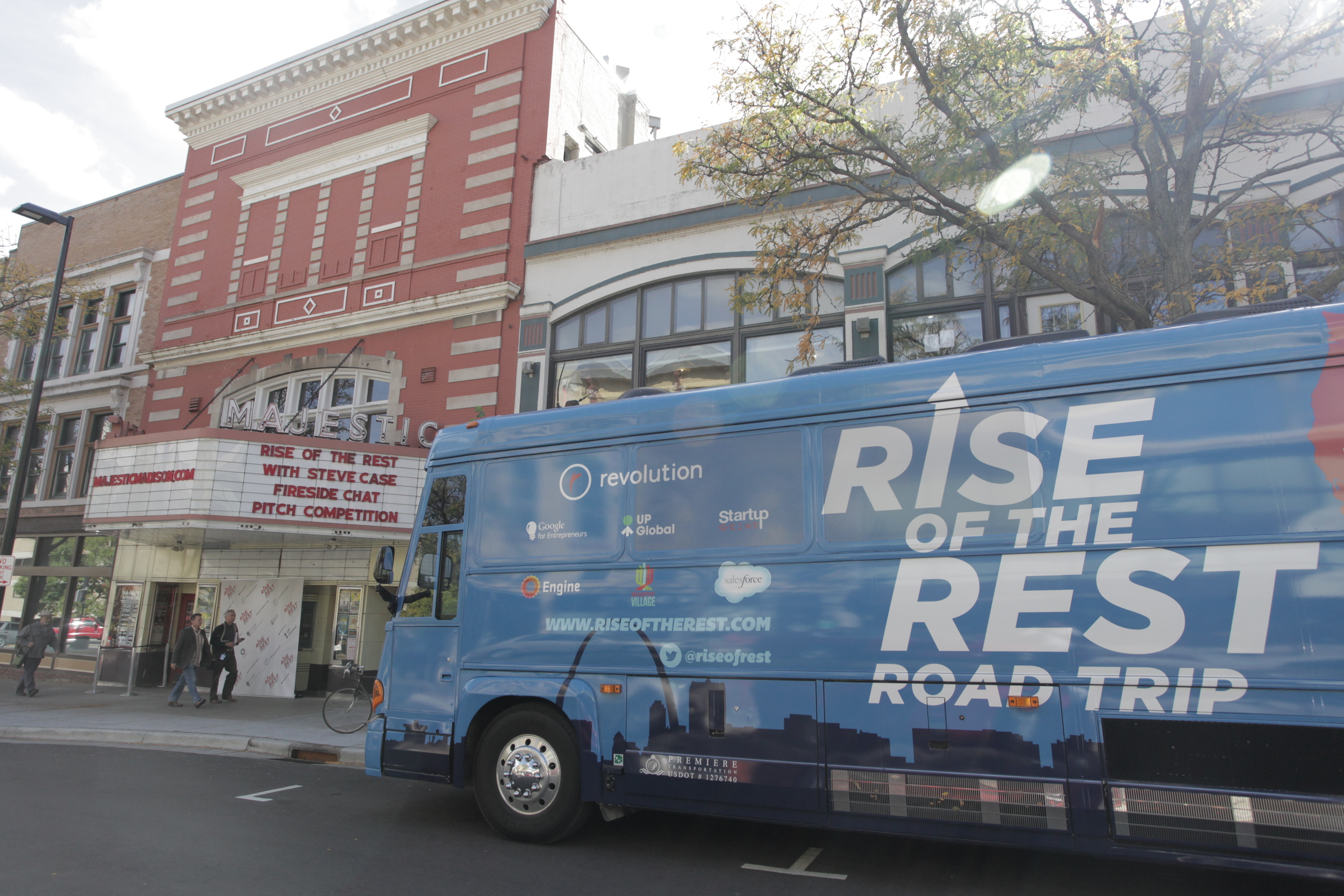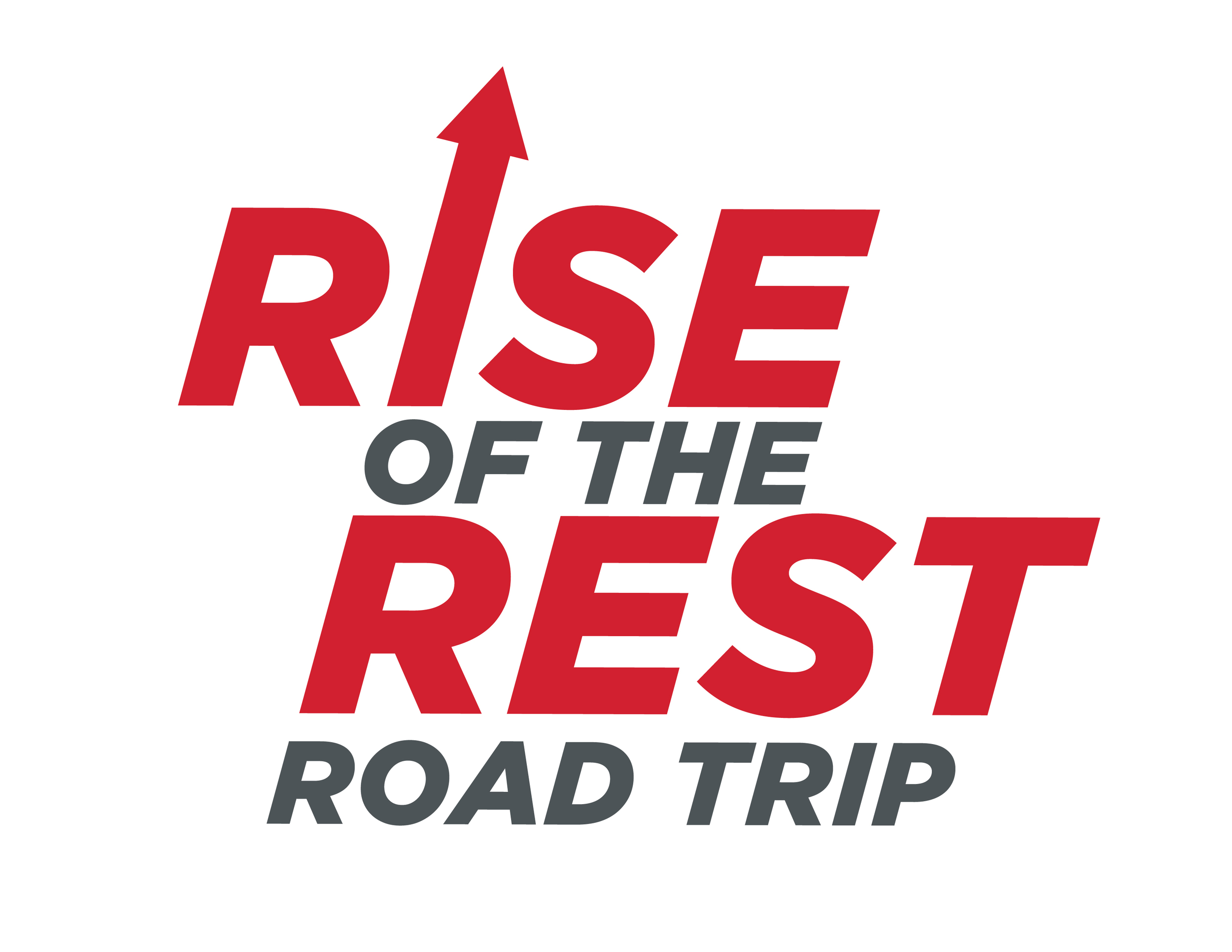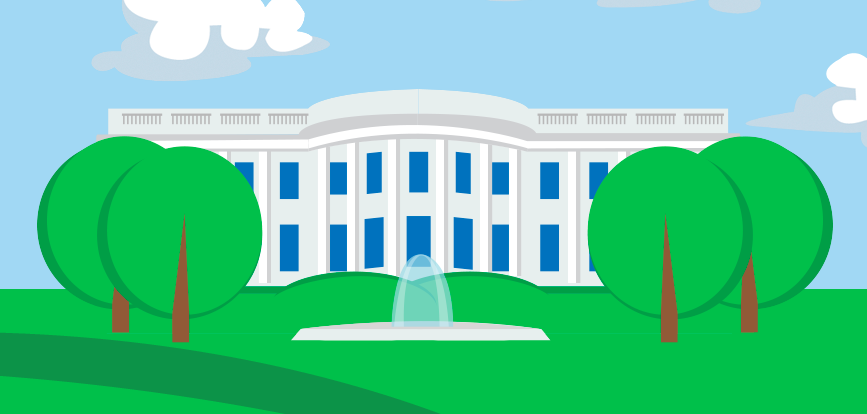You can also read this post on Medium.
The fact that not enough women work in tech is a serious problem that has been well documented. But this predicament is meaningful well beyond our industry. If women and other underrepresented minorities aren’t creating the technical tools that benefit our society writ large, then those tools simply won’t address the problems faced by those groups. And we will all suffer as a result.
The numbers are bleak: only three percent of startups are founded by women, and women represent fewer than 13 percent of employed engineers. Across the United States, women hold fewer than 25 percent of science, technology, engineering and math (STEM) jobs. In 2010 (the most recent year that data is available), only 17 percent of computer science graduates are female, down from 28 percent in 2000, according to the NSF.
It’s not just women, of course, but all underrepresented minorities. Last year there were eight states where zero Latino students took the Advanced Placement exam in computer science, and 11 states where no black students took the test. In three states, not a single female student sat for the exam.
This is significant.
Many of today’s technology companies — whether they make hardware or software — provide tools to a broader society. Those tools might be a tablet or a smartphone; a health tracking app or a game; a word processing program or a document management tool. The majority of these projects are widely available to anyone who can afford them. And this is particularly true given the widespread adoption of smartphones, which, among other things, serve as a revolutionary way for developers to share their applications.
In the best instances, these products also solve problems. Many at least make life easier, some fundamentally change the world. Take GPS mapping apps and WiFi. Or apps that let users monitor their health information or compare prices for consumer goods. In many instances, one can see how technology developed by women might then be best suited to meet the needs of women.
This is not to say that every woman or underrepresented minority who works in tech will — or needs to — create technology that primarily benefits women or those minorities. But if we fail to give a real cross section of society the tools and the platform to make things, then they surely won’t. This is not even to mention, of course, the proven benefits of having a diverse workforce.
But even when women do work in the tech industry, it turns out they leave tech companies at twice the rate of men, according to the Center for Talent Innovation. They report being frustrated about their lack of advancement, the long hours and the lack of flexibility. These women report serious problems with their companies’ cultures.
That’s the bad news. The good news is that everyday we hear of new promising initiatives that will help fix the problem. Take Etsy’s developer program, organizations like Black Girls Code and university initiatives like one at Harvey Mudd. Each has come up with a creative approach to narrowing this gap.
There is more work to be done, of course. The so-called pipeline problem — not enough women and minorities getting the necessary education to work in tech (in both technical and non-technical jobs) is very real. Potentially even worse is the cultural problem, which shuts women and minorities out and continues to propagate itself.
Neither of those problems will get fixed without strong examples of how the community can raise itself up. Which is why we’re going to highlight those programs here as part of our Innovation for All series. Watch this space for inspiring stories of industry, government, and individuals coming together to fix this problem and make sure that everyone who is qualified has access to careers in the booming tech industry, no matter sex, race, or creed.











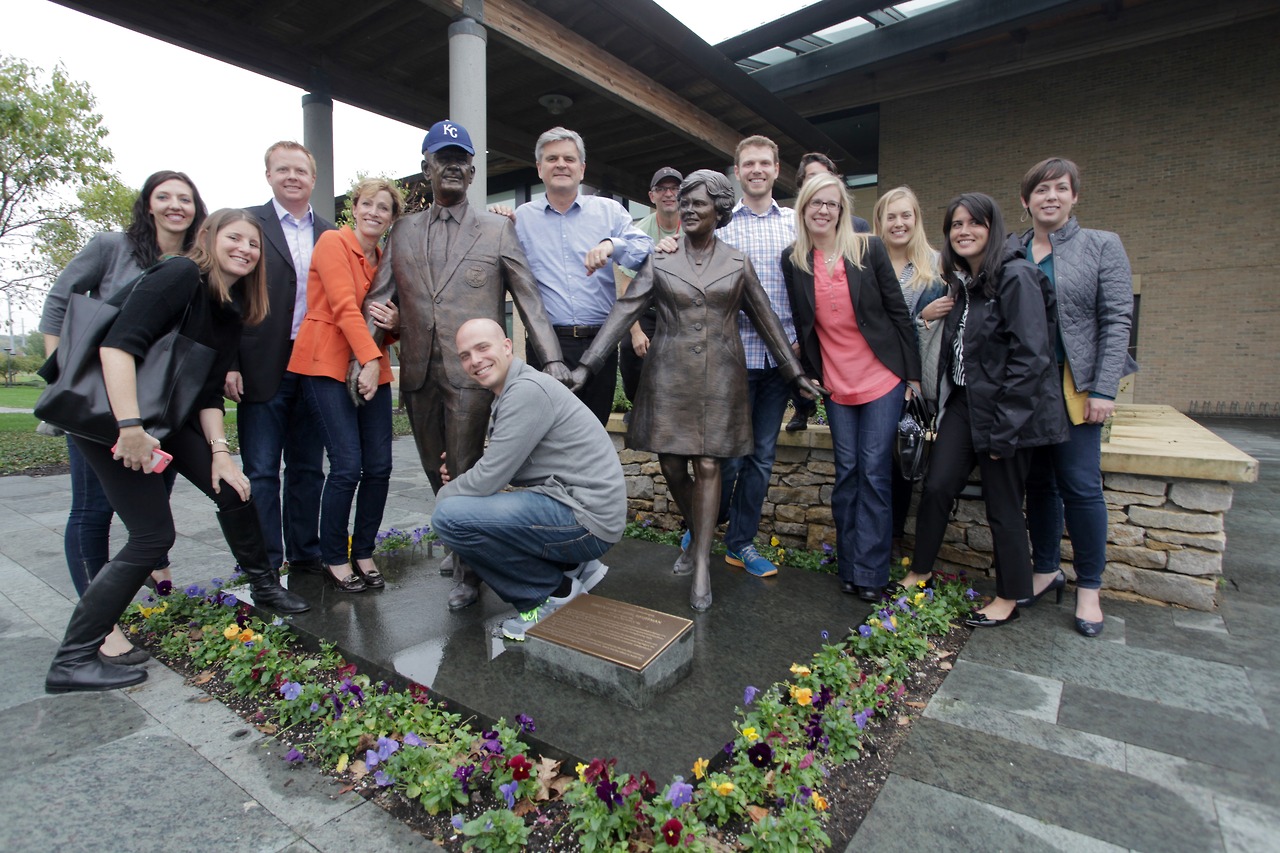

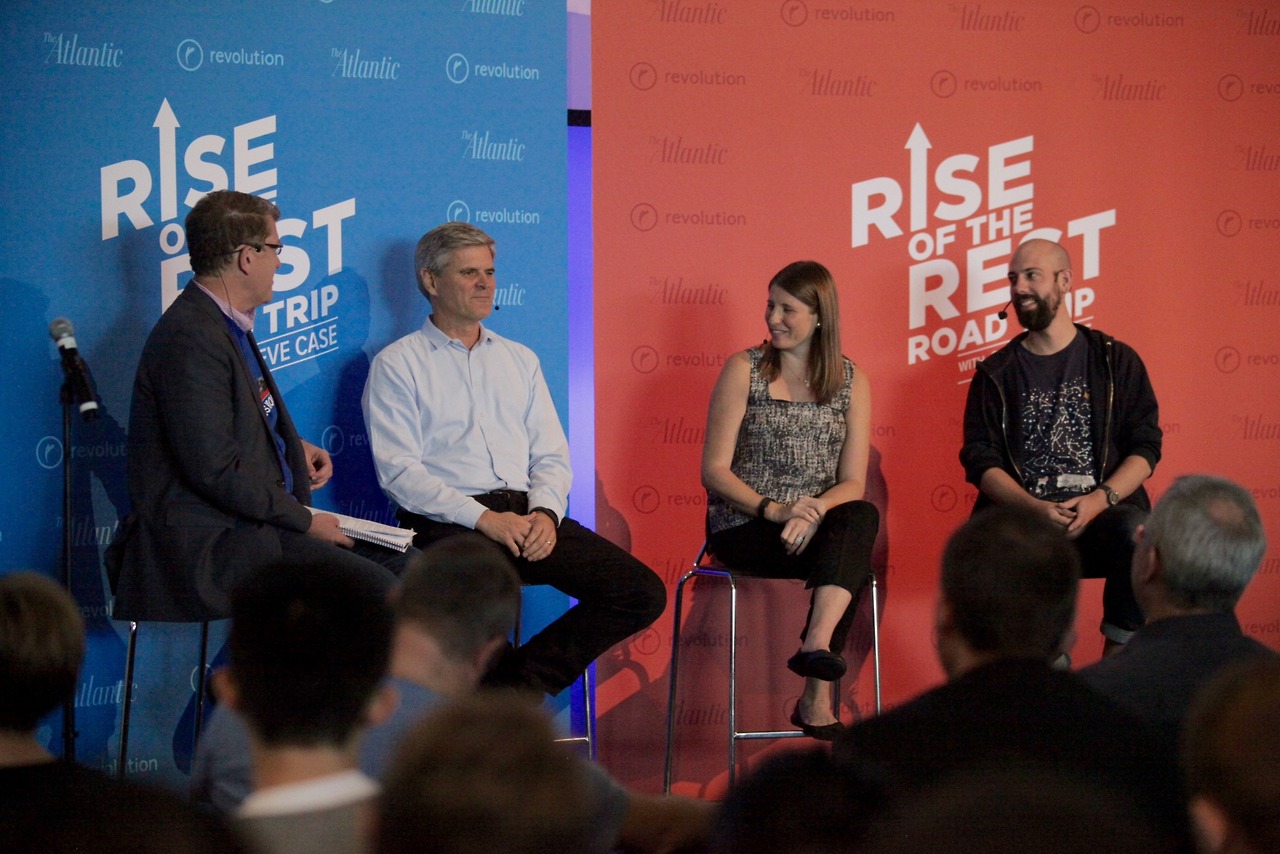

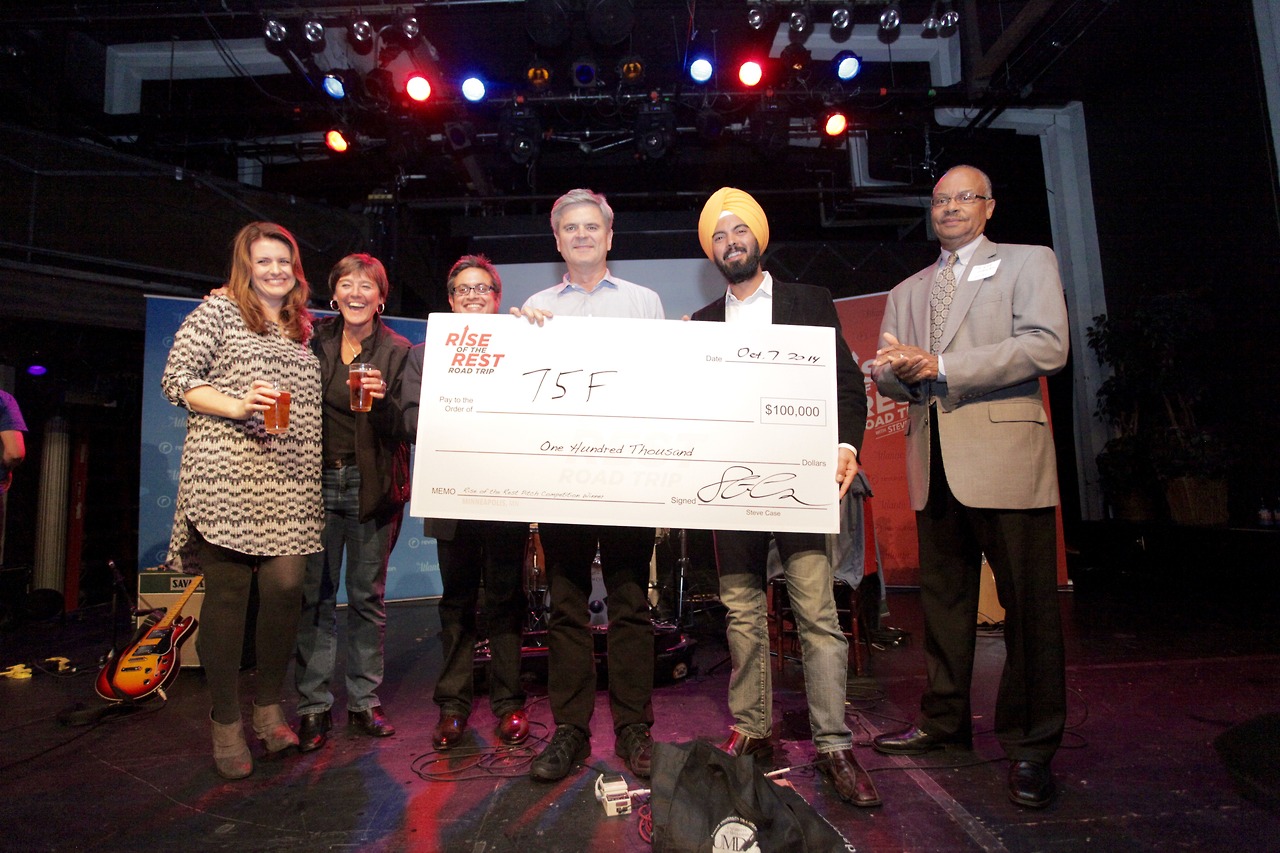 What became obvious to us during our visit to this accomplished city is that there’s still immense potential for growth in the concentration and network of startups here. There’s room for the startup community to encourage more collaboration, garner more support and become more recognized in this city where the Fortune 500 companies remain the dominant economic influence. Steve Case and the Rise of the Rest team shared ideas about how to enliven this startup ecosystem, including encouraging big businesses to become customers of smaller ones, creating opportunities for mentorship, and sponsoring more initiatives like the Minnesota Cup, an annual competition that rewards new business ideas. Considering how things are going, we look forward to seeing what the entrepreneurs of the Twin Cities do next.
What became obvious to us during our visit to this accomplished city is that there’s still immense potential for growth in the concentration and network of startups here. There’s room for the startup community to encourage more collaboration, garner more support and become more recognized in this city where the Fortune 500 companies remain the dominant economic influence. Steve Case and the Rise of the Rest team shared ideas about how to enliven this startup ecosystem, including encouraging big businesses to become customers of smaller ones, creating opportunities for mentorship, and sponsoring more initiatives like the Minnesota Cup, an annual competition that rewards new business ideas. Considering how things are going, we look forward to seeing what the entrepreneurs of the Twin Cities do next.